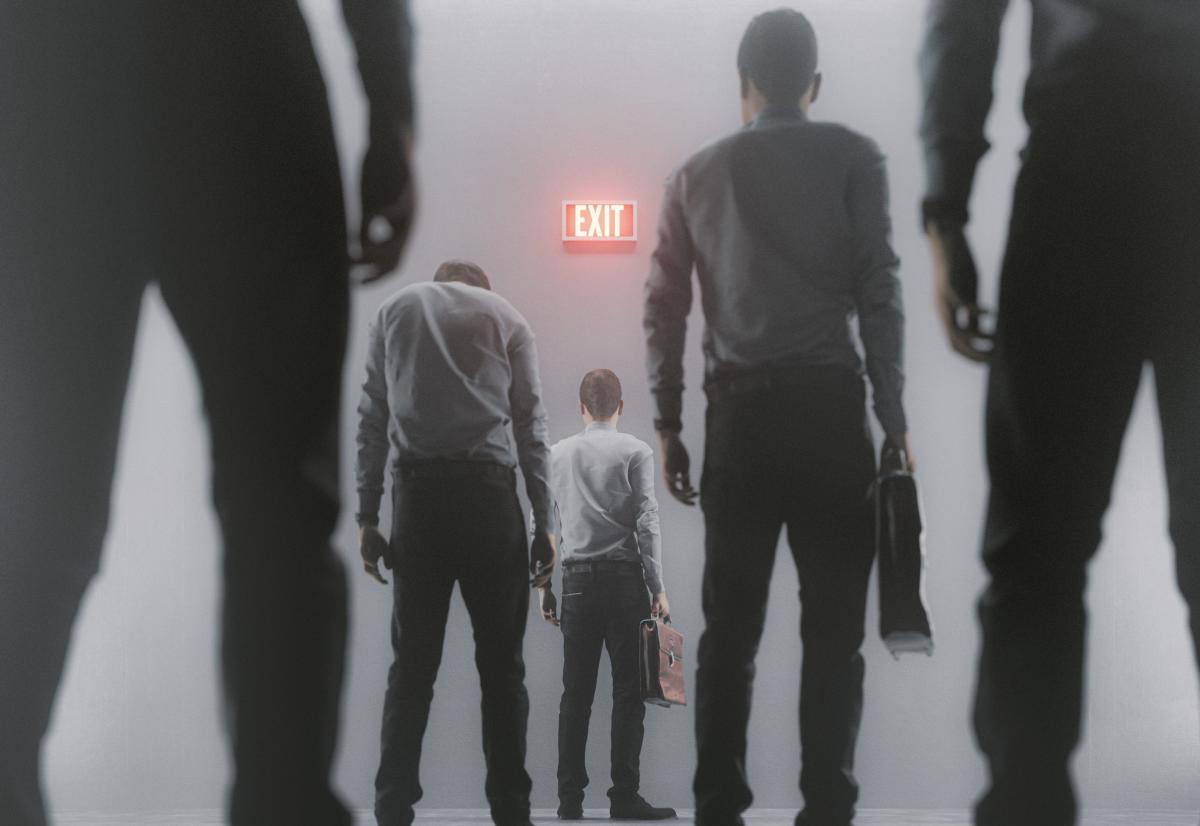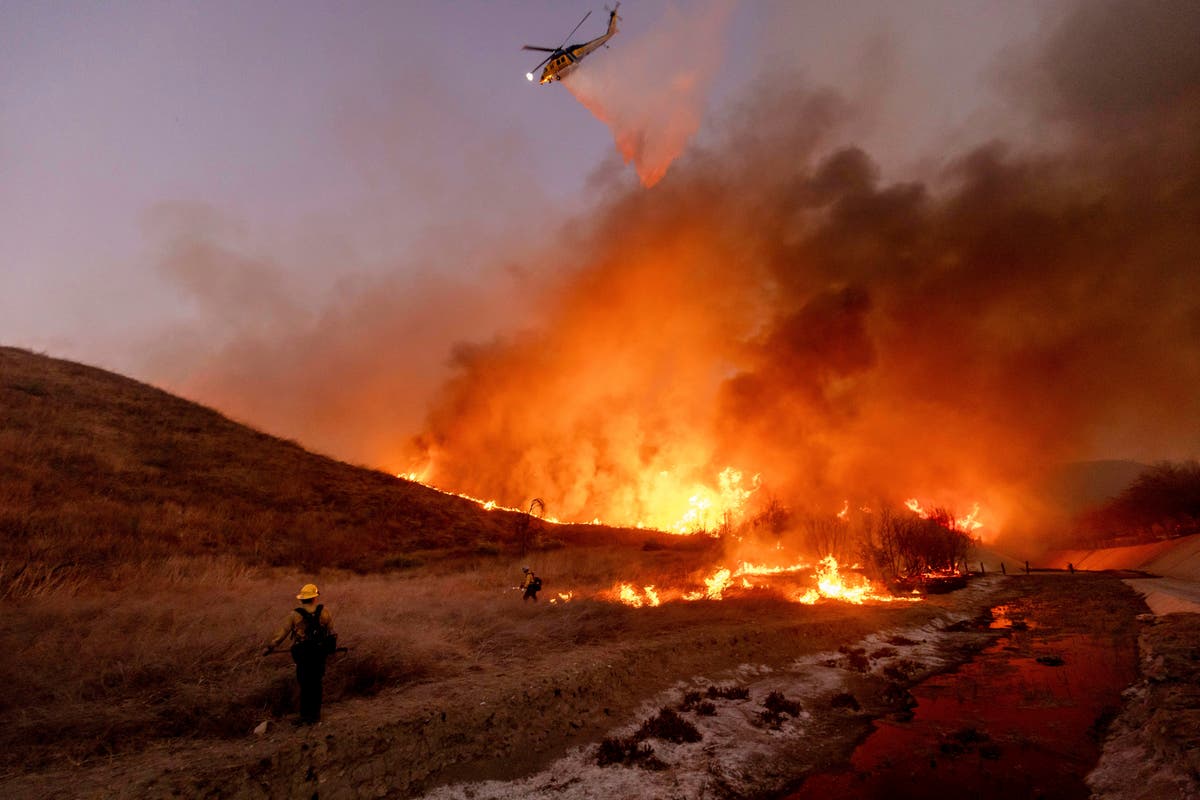Zombies are genuine. Very well, at the very least “zombie companies” are authentic.
Loosely described as economically unviable companies that need to have to borrow to keep alive, an period of low-priced cash and superior-possibility investing has fueled the rise of the going for walks useless in the business globe in excess of the earlier 10 years.
David Coach, the CEO of the expense investigate organization New Constructs, believes there are now roughly 300 publicly-traded zombie corporations.
And with interest prices soaring, income is not as affordable as it applied to be, which indicates zombie businesses are experiencing a reckoning that will affect both of those traders and the financial system as a whole as recession fears mount.
“When financial reality hits these companies, and they do go to zero or near to it, which we’re heading to see in spades, a good deal of traders are likely to get crushed,” Coach told Fortune. “We’re heading to see a possibly large impression on customer demand…there’s heading to be a lot of people today that are ticked off.”
What is a zombie firm?
What just would make a zombie firm, and how several there are in the U.S., is a make any difference of debate.
Goldman Sachs recently estimated that some 13% of U.S.-detailed businesses “could be considered” zombies, which it named “firms that haven’t created ample earnings to support their debts.”
But in a examine previous year, the Federal Reserve identified that only about 10% of general public firms have been zombie providers in 2019 employing a little bit a lot more demanding standards. And in an even extra bewildering flip,Deutsche Financial institution Strategist Jim Reid carried out a review in April 2021 that uncovered that above 25% of U.S. organizations have been zombies in 2020.
For comparison, in the 12 months 2000, only about 6% of U.S. firms have been in the same problem, according to Reid’s results.
Trainer, who has designed his identify with a number of prescient predictions about zombie organizations in recent yrs, also believes that the selection of these failing firms in the U.S. has risen radically more than the previous number of a long time.
But he defines zombie organizations applying a much more holistic approach. In Trainer’s check out, zombies are corporations with less than two decades of “lifeline” readily available primarily based on their typical free funds circulation burn that also struggle to differentiate themselves from opponents, have bad margins, and lack solutions for upcoming successful growth.
“So you will find a very reduced likelihood that the cash melt away is at any time likely to get better,” he stated.
Coach and his staff have crafted a checklist of roughly 300 publicly-traded zombies that they intently keep track of, and whilst most of them are scaled-down corporations, some have been in the public eye of late.
Shares like the on the internet auto retailer Carvanaand the once-significant flying stationary bicycle maker Peloton made the record, alongside with the meme-stock favorites AMC and GameStop.
Carvana declined Fortune’s request for comment. AMC, Peloton, and GameStop did not immediately answer to requests for remark.
In Trainer’s perspective, many of these zombie companies will eventually see their inventory costs drop to $ as the marketplace acknowledges they cannot survive climbing desire prices.
The Federal Reserve has raised premiums five occasions this calendar year to battle around 40-year significant inflation, main to soaring borrowing costs for corporations. That impacts zombie organizations, who are already having difficulties to pay their fascination charges, significantly additional than most.
But whilst the opportunity downfall of zombie businesses could be painful for buyers and the economic system in the limited time period, Coach manufactured the situation that it won’t be the worst detail in the prolonged run.
In its place, he argued it signifies a vital cleansing of the money technique.
The increase of zombies and their results on the overall economy
How did this zombie invasion transpire in the first place?
In the a long time subsequent the Excellent Economical Disaster of 2008, central banking companies all-around the globe were determined to reignite financial expansion and minimize unemployment. To do this, many determined to slash curiosity premiums and institute other loose monetary procedures designed to spur lending and investment.
It was the beginning of an era of “free money” that set cash in the arms of speculators, who speedily turned close to and bought dangerous economic assets, sending them to new heights.
The S&P 500, for case in point, rose much more than 545% in between its post-GFC reduced in Feb. 2009 and its Nov. 2021 significant. And over the very same interval, the normal revenue selling price of U.S. homes jumped practically 110%, even though cryptocurrencies transformed into a trillion-dollar-in addition asset course.
The speculative era strike its peak in 2021, soon after stimulus checks fueled a growth in retail investing, according to Trainer. At the time, cryptocurrencies like Bitcoin ended up soaring, the IPO and SPAC marketplaces ended up on fire, and meme stock traders had been pushing zombie companies’ shares like AMC and GameStop at any time greater.
Trainer believes that this period of speculative investing increased the selection of zombie businesses in the U.S. dramatically, damage productivity, and manufactured the overall economy a lot more susceptible during recessions.
“I assume, long phrase, zombies have induced a significant reduction in growth and prosperity,” he claimed. “Because correctly, what a zombie inventory is, is a waste of funds. To the extent that the capital is wastefully used in these organizations that have in fact never manufactured any genuine economic benefit, we are shedding the possibility to invest that in much more effective places.”
Echoing Trainer’s feedback, Deutsche Bank Strategist Jim Reid stated past year that zombie providers weaken economies by reducing the growth of companies in the industries in which they operate.
“The survival of zombie firms is very likely a drag on productiveness development as these companies congest markets and divert credit rating, financial investment, and capabilities from flowing to additional productive and prosperous companies,” he said in his 2021 examine, referencing facts from the BIS.
Coach goes a step additional than Reid, arguing that the survival of zombie firms is a risk to the U.S. in an increasingly competitive world-wide financial state.
“If we don’t have successful and successful cash marketplaces, we drop possibly a person of the most important aggressive strengths that we have as a nation, which is our capability to allocate money extra proficiently and fast to its best and best use,” he explained. “And that’s portion of the issue. Persons forgot that this is what the capital markets are about. They are about allocating funds to its optimum and finest use, time period, conclusion of paragraph.”
The tumble of the zombies and lessons for traders
The era of zombie companies might be coming to an conclusion as fascination charges rise, forcing unprofitable corporations to burn a lot more and far more money. But in accordance to Trainer, the downfall of zombie corporations will ultimately be beneficial for the economic system and aid train young investors who have lived by way of an period of speculative excessive about the relevance of hazard administration.
“There’s been an ecosystem exactly where people have developed up and they you should not have an understanding of threat. Take meme stocks for God’s sake,” Coach reported, referencing the Reddit preferred AMC. “You’re obtaining a motion picture firm whose most significant competitor just went bankrupt…Then you see all of the competitive forces squeezing margins, and administration is conversing about acquiring a goldmine and how they are likely to offer popcorn at grocery outlets? Yeah, I’m sure they are gonna develop a aggressive edge all over popcorn.”
The CEO went on to make the scenario that the younger traders who pumped zombie stocks for the duration of the pandemic would advantage from knowledge the distinction between speculating and investing, which was so eloquently laid out by Warren Buffett’s mentor, Benjamin Graham, in his 1949 book “The Intelligent Trader.”
Graham distinguished among traders, whose “primary interest lies in obtaining and holding ideal securities at appropriate costs,” and speculators, who basically treatment about “anticipating and profiting from sector fluctuations.”
He also warned, above 70 a long time in the past, of the potential risks of making it possible for speculation to operate rampant in the stock marketplace.
“The distinction in between expense and speculation in common stocks has normally been a useful one and its disappearance is a bring about for problem. We have normally mentioned that Wall Avenue as an institution would be very well suggested to reinstate this distinction and to emphasize it in all its dealings with the public. Otherwise, the stock exchanges may possibly someday be blamed for weighty speculative losses, which people who suffered them experienced not been correctly warned in opposition to,” Graham wrote.
Coach argues we are viewing the effect of ignoring Graham’s warning nowadays with the rise (and coming drop) of zombie shares.
This tale was initially showcased on Fortune.com




